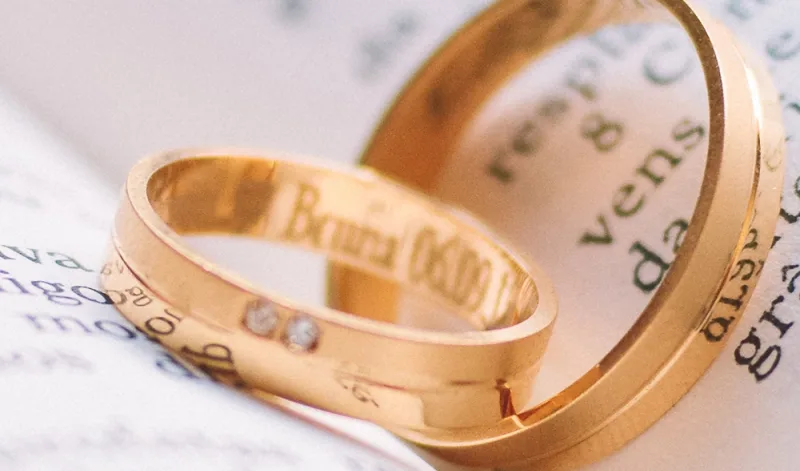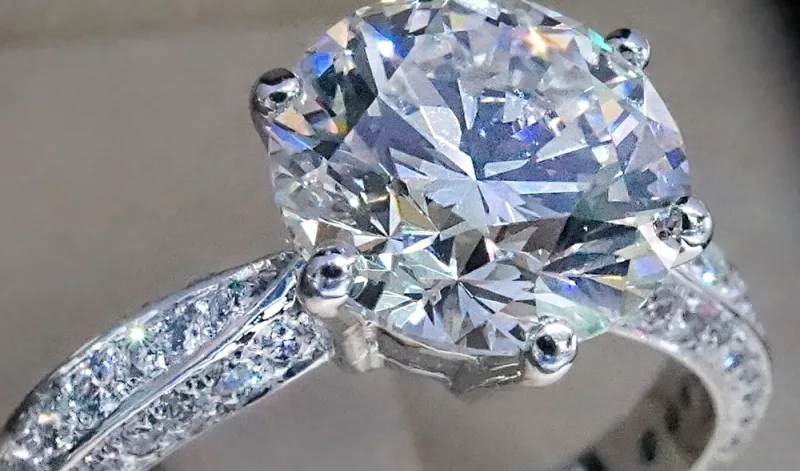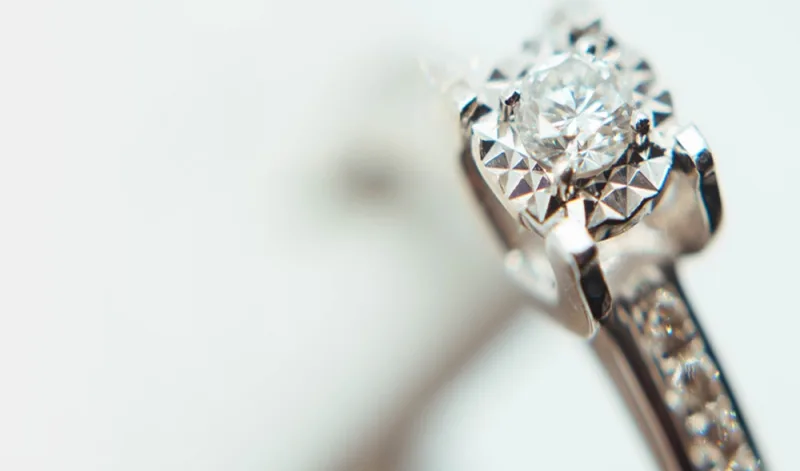We take our hearing for granted
We all take our hearing for granted and as we get older many of us start to notice that perhaps we are not hearing as well as we used to. Thankfully loss of hearing can quite easily be compensated for by the use of a hearing aid device.
Hearing is a sense
Hearing is a sense that normally in most people diminishes with age; babies can hear the highest frequencies of all and it is gradually all down hill from this point. In our prime, a healthy human ear (in a child or young adult) can hear sounds from 50Hz up to 20Khz. Most human voices rarely exceed 5khz. We are not able to hear all of these pitches at the same levels. The frequencies most easily distinguished and most important for speech are 250Hz to 10,000Hz.
Human hearing compared to animals
So, how well do humans hear compared to the animals? Well it is known that animals and insects can hear frequencies far above and below that o6f a human leading to the conclusions that animals are better at hearing than us. But is this really the case?
Well certainly animals rely on their hearing more than we do; many need a keen sense to detect danger lurking in their environment or to help hunt down prey. Dogs for example can hear higher frequencies than humans but then they have an ear that is better adapted to receiving sound.
Dog’s ears are often larger than human ears; they can be moved around to gather sound more efficiently and can work independently of each other. A healthy dog can typically hear frequencies up to 45 KHz. Other animals with a better higher frequency include; Cats up to 64khm, Mice 91 KHz and Bats with a whopping 110 kHz.
Insects have developed almost super human hearing abilities; they have very sensitive tempraal organs which offer hearing at ultra high frequencies. Wax Moths for example can hear frequencies as high as 300 kilohertz, giving it the best hearing ability of any animal ever recorded, way above our puny 20khz.
Whilst animals and insects can hear at higher levels, it is certainly not the full picture. Scientists have discovered that human hearing has adapted within its range to be able to detect fine differences in frequencies.
In tests relating to artificial sounds, humans were able to distinguish differences between quarter tones, in western style music the smallest interval is a halftone (with some of the rubbish that is marketed as music nowadays, I’m not sure this is entirely an advantage) here is also research being carried out in to a possible link between frequency discrimination and various cognitive skills, including memory and the capability to learn.
So whilst humans have not have the frequency range of insects and animals, it would be appear that what we can hear is a better quality sound enabling us to hear subtle differences a little more efficiently. Quite why this has occurred I’m not sure but no doubt evolution has given us the hearing we require for our existence.
Its exciting to think though that in the years to come, we may be able to manufacture devices that will give us the same frequency ranges as animals, we might not need to hear as well as the wax moth but if nothing else it may enable us to understand our pets a little better.
Assetsure offer Hearing Aid Insurance for a wide range of devices, contact our office for your quotation.






























